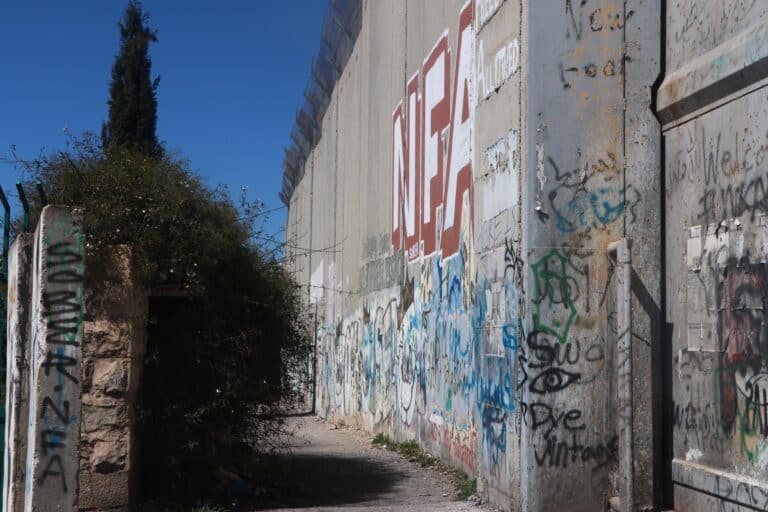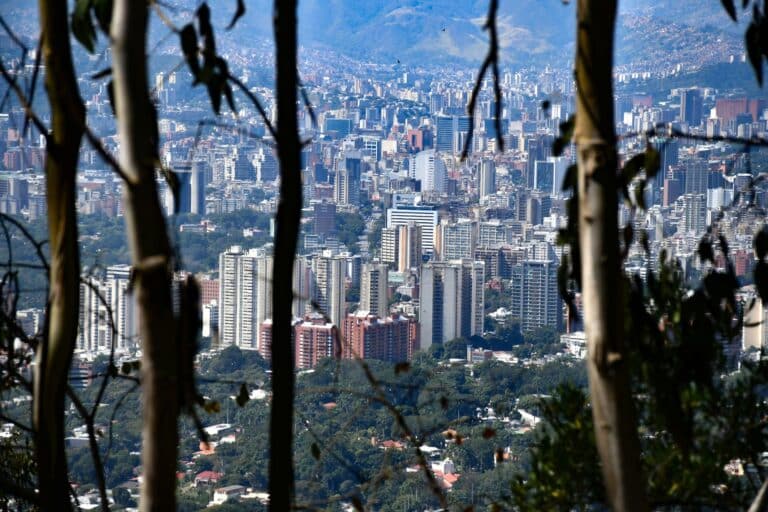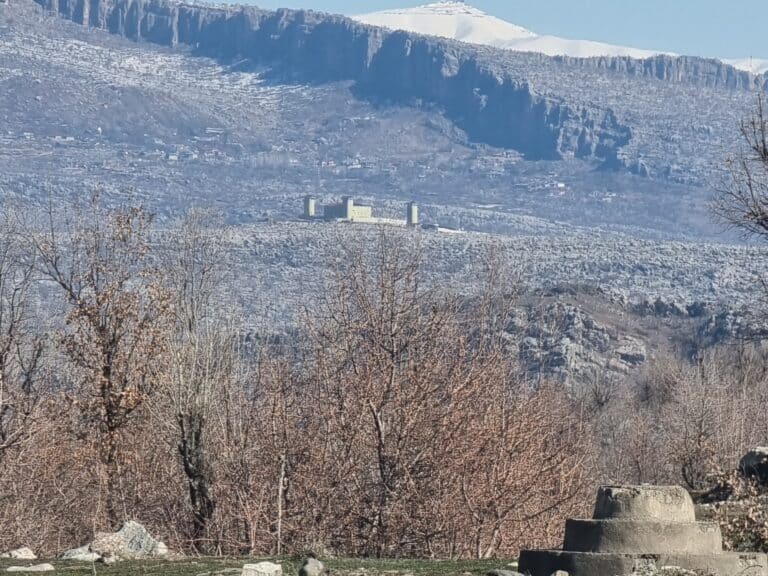Free to move
by Sam Nichols
Recently,
I returned to the States after three months in Palestine. At the end of
my stint, I spent some time traveling with my father and my sister in Israel,
Palestine, and Egypt. I was
shocked by how different Egyptian Arabic was from Levantine Arabic (the region comprising
Palestine, Jordan, Lebanon, and Syria).
I could pick up certain words here and there, but the accent was so
different I felt like my Arabic skills were pretty useless.
As
I sat in a chair in the Cairo airport, waiting for my boarding gate room to
open, I saw a couple guys who looked Arab, but not Egyptian. They were
wearing matching athletic warm-up suits, and as they turned around, I saw
‘PALESTINE’ emblazoned on the back of their jackets.
I
got up to throw away my coffee cup, made my way over to them, and asked them,
“Intu min Falestiin (You all are from
Palestine)?”
“A, min Falastiin” (Yeah, from Palestine.)
“Ween fi Falastiin” (Where from in
Palestine)?
One
replied, “Ana min Jenin” (I
am from Jenin), and the second, “Ana
min Nablus”
They
asked me, “Min ween inte, inte
btihki Arabi, laaken inte mish Falastiini“
(“Where are you from? You speak Arabic but you aren’t Palestinian.”)
They
asked about my work in Palestine and how the situation is near Hebron, which I
am sure was a courtesy question because they know all about the occupation if
they live in Jenin and Nablus. They
told me their wrestling team was traveling to Paris for a tournament. I
wished them luck and said I was happy they were able to travel out of the
country for the tournament. They said bye and wished me safe travels.
I
walked away from them with a big smile on my face. Being able to speak
with them in a familiar dialect was comforting and a nice surprise in the Cairo
airport. But the more significant thing for me is how pleased I was to
see Palestinian young men with the freedom to travel out of the country, to
leave the occupation behind for a few days. Palestinians have an
incredibly difficult time traveling, even within their own West Bank, much less
traveling internationally.
Athletic
teams the world over cherish the opportunity to travel out of their local area to
enter competitions and compete in games. When I see
Palestinians overcome the obstacles, checkpoints, roadblocks,
racist bureaucracy, and apartheid red tape put in place by the
occupier under the guise of security, I am filled with a momentary sense of
victory. Even the Palestine Men’s
National Soccer Team has had serious trouble getting permits for their Gazan
players to even leave the Gaza Strip, much less travel abroad. But this
wrestling team was a glimmer of hope, a shred of normalcy in the dark chasm of apartheid
and occupation that limits people’s freedom and self-determination.



